×

×
Don't Miss Upcoming Promotions
Enter your email below to stay updated on our latest specials.
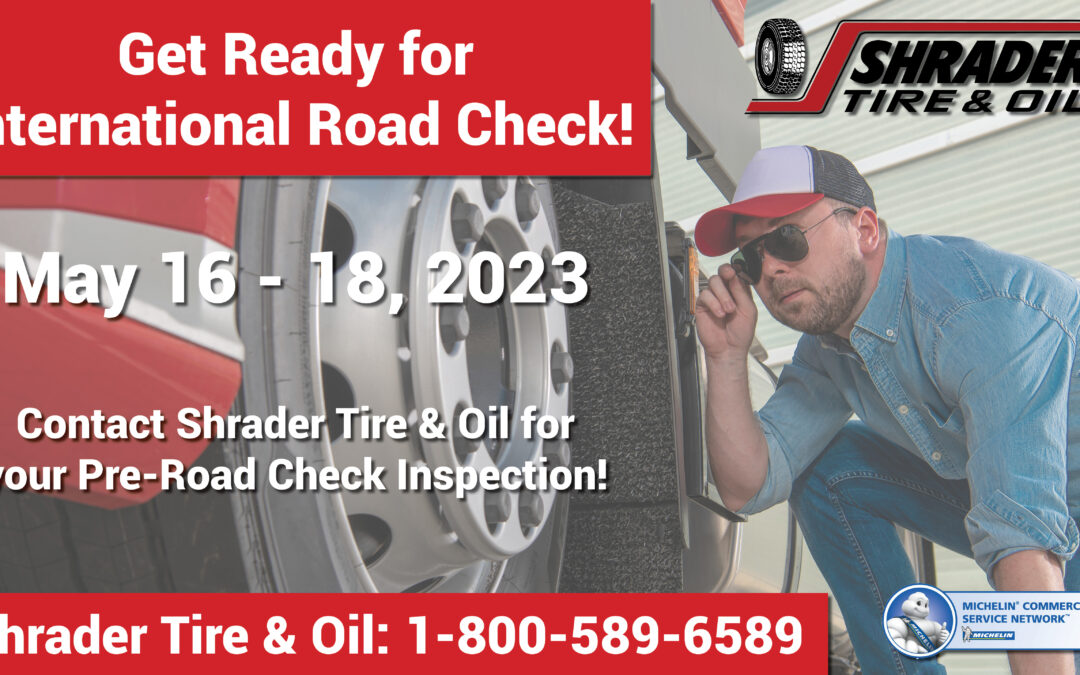
The Commercial Vehicle Safety Alliance (CVSA) has announced May 16-18 as this year’s International Roadcheck.
International Roadcheck is a high-visibility, high-volume 72-hour inspection and enforcement event where CVSA-certified inspectors in Canada, Mexico and the U.S. conduct inspections of commercial motor vehicles and drivers at weigh/inspection stations, designated inspection areas and along roadways.
Data will be gathered from those three days and shared later this year, as a snapshot of the state of commercial motor vehicle and driver safety.
International Roadcheck also provides an opportunity to educate the motor carrier industry and general public about the importance of safe commercial motor vehicle operations and the North American Standard Inspection Program.
During a routine North American Standard Level I Inspection, inspectors focus on two areas – driver and vehicle safety compliance:
Vehicle safety – Inspectors will ensure the vehicle’s brake systems, cargo securement, coupling devices, driveline/driveshaft components, driver’s seat, fuel and exhaust systems, frames, lighting devices, steering mechanisms, suspensions, tires, wheels, rims, hubs and windshield wipers are compliant with regulations. Inspections of motorcoaches, passenger vans and other passenger-carrying vehicles also include emergency exits, seating, and electrical cables and systems in the engine and battery compartments.
Driver safety – Inspectors will check the driver’s operating credentials, hours-of-service documentation, status in the drug and alcohol clearinghouse, seat belt usage, and for alcohol and/or drug impairment.
Shrader Tire and Oil conducts DOT inspections at our fleet and tire centers.
Contact us today to have your truck inspected before International Road Check!
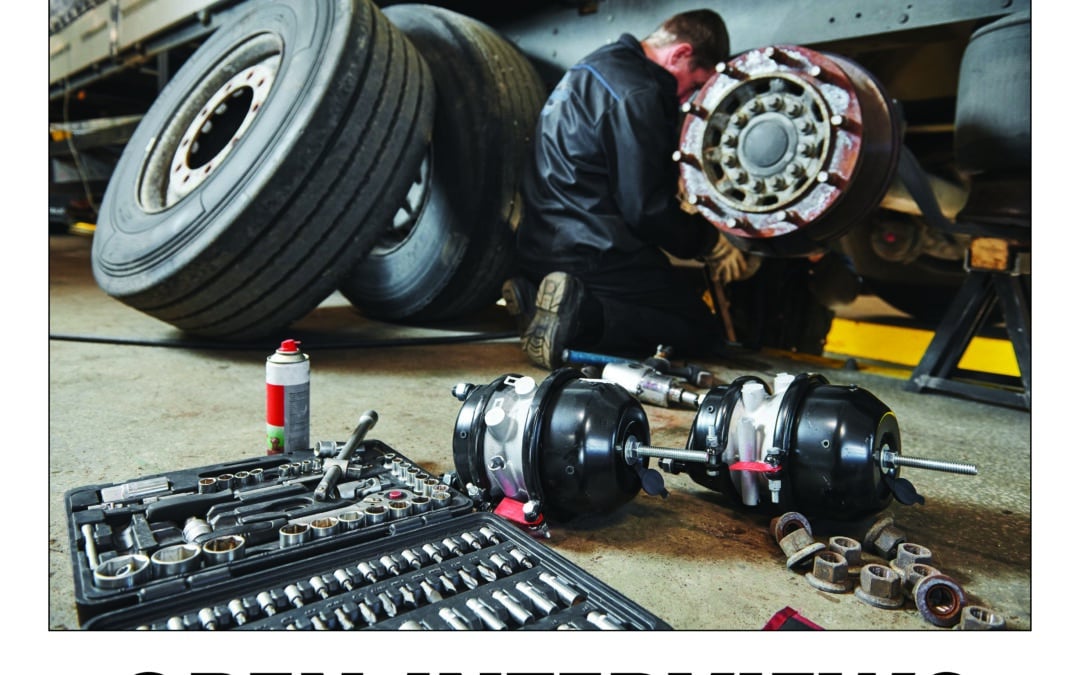
Shrader Tire and Oil will conduct on-site interviews and host a job fair at its Perrysburg fleet store at 3511 Genoa Rd., Perrysburg, Ohio, from 1 to 5 p.m. Thursday, May 11.
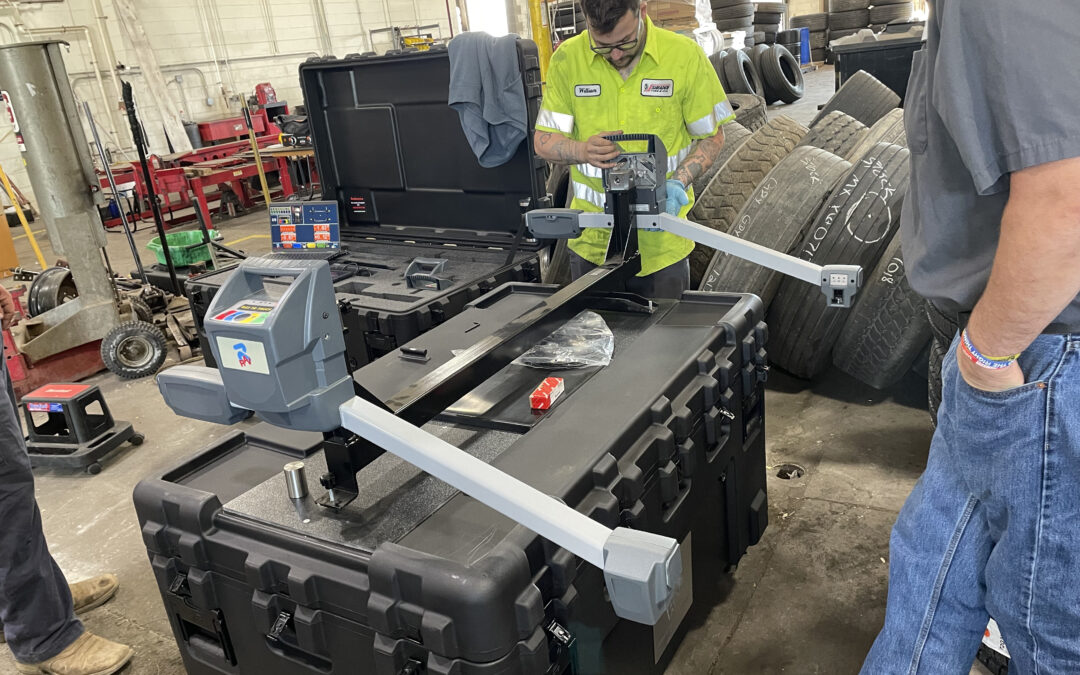
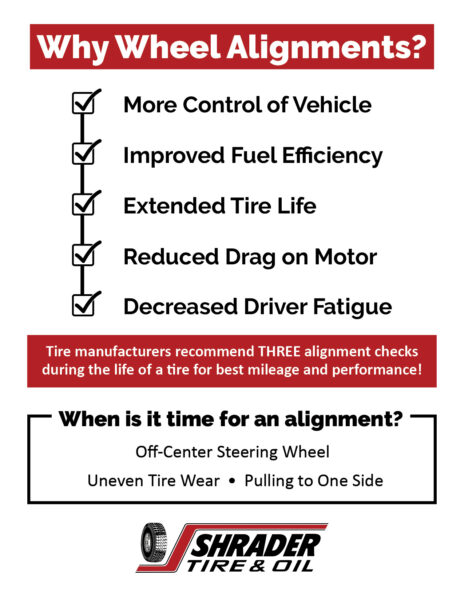
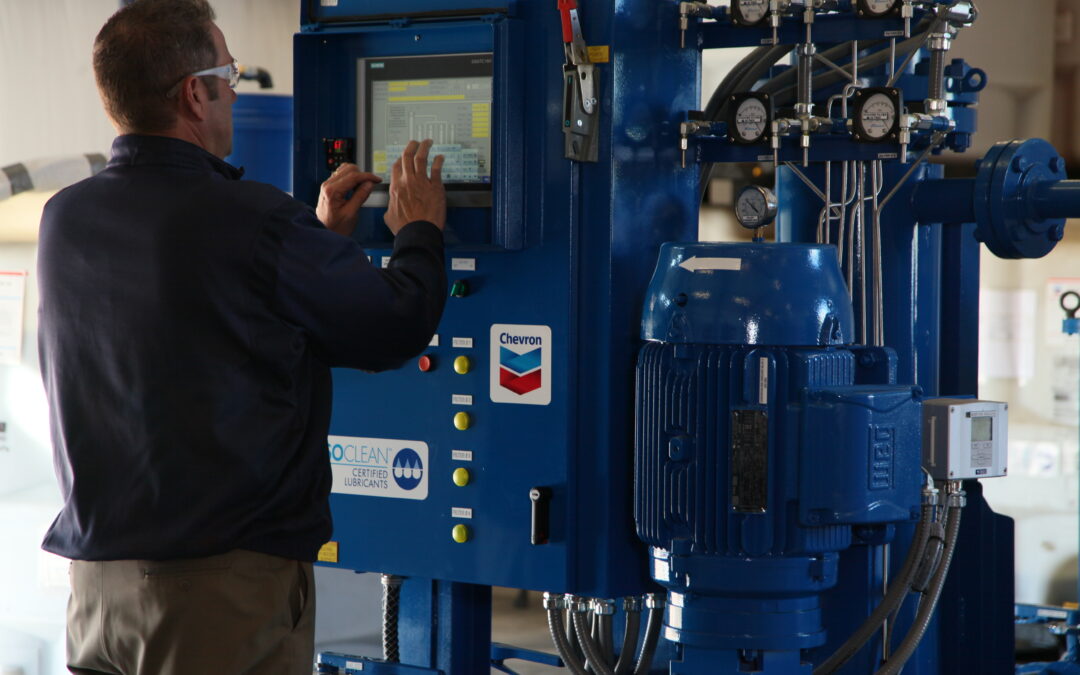
As is often pointed out, ensuring lubricant cleanliness and avoiding lubricant contamination are essential to maximizing equipment life. Microscopic particulates in lubricants can reduce the useful life of equipment components and, in the worst cases, lead to sudden equipment failure, unplanned downtime and even safety risks.
The problem for equipment operators is that even new lubricants can become contaminated in transit, and may not meet the equipment manufacturer’s recommended ISO cleanliness standard upon delivery. As a result, many industrial operators subject all new oils they receive to on-site lubricant filtration. However, as we detailed in a recent Technical Bulletin, Impacts of Filtration on New Lubricant Performance, figuring out the right filtration method for your operations – if there is one – can be a time-consuming, expensive process without assurance of success. There is no “standard” filtration method or medium that will ensure that all oils used in an industrial operation will meet the cleanliness standards of the equipment for which they are intended without compromising performance.
To understand why filtration can be problematic, it’s helpful to understand the make-up of finished lubricant formulations. Finished lubricants contain a variety of additives, such as dispersants and detergents, demulsifiers, corrosion and foam inhibitors, and more. Some additives are fully dissolved in the oil, while others are dispersed in the oil as solid matter measured in microns. Depending on their molecular size or chemical composition, some additives may be at risk of being removed from the oil during filtration. Filters can remove additives by mechanical blockage – meaning that the additive particles are larger than the filter pores – or by adherence to the filter element, which can remove particles smaller than the filter’s rating. Moreover, additives that may be dissolved in the oil or microscopically dispersed can have chemical reactions with contaminants, such as water or particulate matter, causing them to form agglomerates, salts or gels that do not pass through the filter.
A crucial watch point when filtering lubricants is foam performance. Modern foam inhibitors may be more stable in finished lubricants, as they are more finely dispersed in the oil, but still remain vulnerable to removal by filtration. Filtration can remove enough of the oil’s foam inhibitors to cause excessive foaming. Filtration can also adversely affect a lubricant’s ability to shed water when demulsifiers are removed. In either case, a heavily filtered oil may not perform as expected, putting the equipment at risk.
It’s tempting to select a low-micron, high-efficiency filter and perform the filtration under ambient conditions – for example, using a portable kidney loop on a bulk or day tank. This might allow operators to reach or even exceed cleanliness targets, but it might also deplete critical additives and have an adverse impact on post-filtration performance.
Particular care must be taken to avoid damaging the lubricant while it is being cleaned. In order to mitigate the risk of additive removal, operators need to understand the chemistry of the lubricant being filtered, along with filtration parameters such as operating conditions, process temperatures, filter media and flow rate. These parameters need to be standardized and tested thoroughly to ensure no harm is done to the lubricant. Since the results of filtration are highly application- and product-specific, it is important to develop an effective, repeatable process. A lack of process consistency can easily lead to unexpected results and damage the lubricant.
Our technical bulletin details a wide variety of tests that have been performed to determine the effectiveness of different filtration methods on specific lubricants under a range of conditions. It is essential information for anyone considering an investment in on-site filtration as a solution for lubricant cleanliness. A more efficient solution, however, is having your lubricant supplier perform the necessary testing and certify that each new, fully formulated oil meets the ISO cleanliness standards for its application upon delivery. Contact us to learn more about Chevron’s ISOCLEAN® certification program.
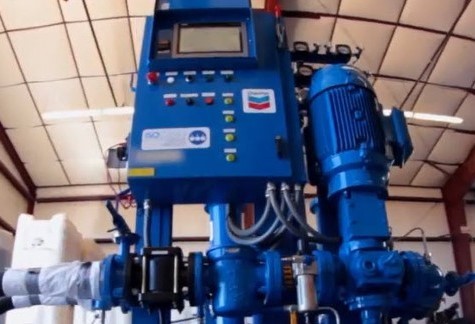
We are excited to introduce a redesigned, updated ISOCLEAN® Recommended ISO 4406 Specs quick links sheet for ISOCLEAN customers.
The one-page link sheet is easy to use and a gear oils spec sheet has been added. The category spec sheets are organized by industry and by component.
As equipment continues to evolve and customers become more aware of the effects contaminants are having on their equipment, it will be important for them to have this capability and evolve their business. Particle contamination is the No. 1 cause of lubricant related failure in equipment. It makes sense to solve this problem, starting with Chevron ISOCLEAN Certified Lubricants is the first step to maximizing equipment life.
The Chevron ISOCLEAN Certified Lubricants program is the industry-leading solution for customers to meet their equipment manufacture fluid cleanliness.
Get to the next level and be on the leading edge with Chevron ISOCLEAN Certified Lubricants!

TOLEDO, Ohio (Aug. 12, 2022) — Interested in reducing downtime, lowering maintenance costs and extending your equipment life? Of course you are!
Healthy fluids are critical to the performance of a heavy-duty vehicle, whether it’s a long-haul truck or an excavator on a construction site. From the engine oil to the coolant to the transmission, gear and axle fluids, contaminants can interfere with a vehicle’s smooth and productive operation. In fact, fluid contamination is a leading cause of downtime and higher maintenance costs.
There’s a common misconception that, simply by changing out the fluids at the OEM’s recommended intervals, you are doing enough to ensure your fluids are clean. There are two issues with that. First, you are missing the opportunity to extend drains well beyond the manufacturer’s recommendation, which is increasingly possible with today’s diesel engine oils. Longer drain intervals are a key strategy in reducing maintenance costs. Secondly, contaminants in the oil can be indicators of problems elsewhere in the vehicle. For example, traces of metal such as copper or aluminum in the oil is a sign that some metal parts, bearings or components are experiencing wear and need to be inspected.
Those are among the reasons that Chevron and other lubricant suppliers wholeheartedly recommend a systematic, in-service fluid analysis program for fleets of all sizes, even small owner/operators, and across both on- and off-highway segments. A fluid analysis program is far easier to implement than you might think. And far from being an added expense, it is an investment that will likely pay you back in the form of reduced downtime, lower maintenance costs, and extended equipment life.
A fluid analysis program typically involves three parties: the fleet maintenance manager, a laboratory that actually performs the analysis, and a partner who can help you analyze the lab’s findings and determine the appropriate action – most likely your lubricant supplier. (Chevron provides this service to our customers free of charge.)
The fleet manager’s job is to take oil samples on a regular schedule and send them to the lab. To ensure you get reliable results, it’s important to follow proper sampling procedures and use the right equipment. Simply opening the drain plug and capturing whatever flows out is not going to give you satisfactory results. The oil may get contaminated from dirt in the environment or even lint from the rag used to open the plug (something we commonly see). The proper bottle, tubing and vacuum pump for obtaining samples are inexpensive and readily available from a variety of sources. For the best representation of the condition of the fluid, take samples from as close to the middle of the fluid reservoir as possible, rather than the top or the bottom. Newer vehicles have been designed to accommodate this.
Just as important as the quality of the sample is the data you provide with it. Make sure you have the accurate unit number and the name of the specific product being used, which the lab will match against its own sample.
Labs can turn the analysis around in as little as 24 hours if needed. You will receive a report that is color coded – red, yellow or green – depending on the severity of the findings. Green means you can continue to operate and monitor the equipment as usual. Yellow indicates some cautionary notes you should be aware of, and red means you have a problem that needs attention. One of the benefits of doing sampling on a regular schedule is that you can see trending over time and whether a problem is getting worse, making it easier to pinpoint the source. As noted earlier, you can share the findings with your lubricant provider, who can help you understand the report and should be able to help you determine what to do if the fluid or additives are showing signs of contamination, metal wear, or degradation.
While this type of program pertains primarily to engine oil, it’s worth quickly noting the importance of coolant analysis as well. Fortunately, it entails far fewer steps and can usually be done in-house. You can use test strips that match the specific coolant technology you are using to check the additive and Ph levels. You can use a refractometer to test the freeze point. The simple tests, however, are the “visual and smell” tests – if the color is close to the original when the fluid was installed, and the odor is not unusual, your coolant is probably in good shape.
Given the relatively low cost and the potentially high payback, it makes sense to invest in a fluid analysis program – a proven and effective way to make sure your equipment is in top operating condition and can perform beyond its life expectancy.
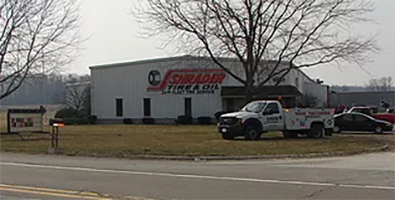
517.486.4633
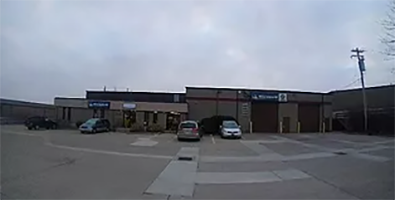
513.733.8200
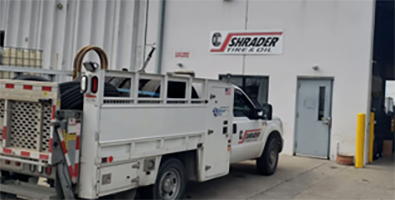
614.445.6601
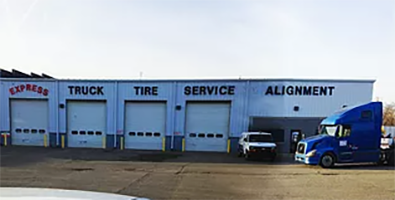
313.386.0451
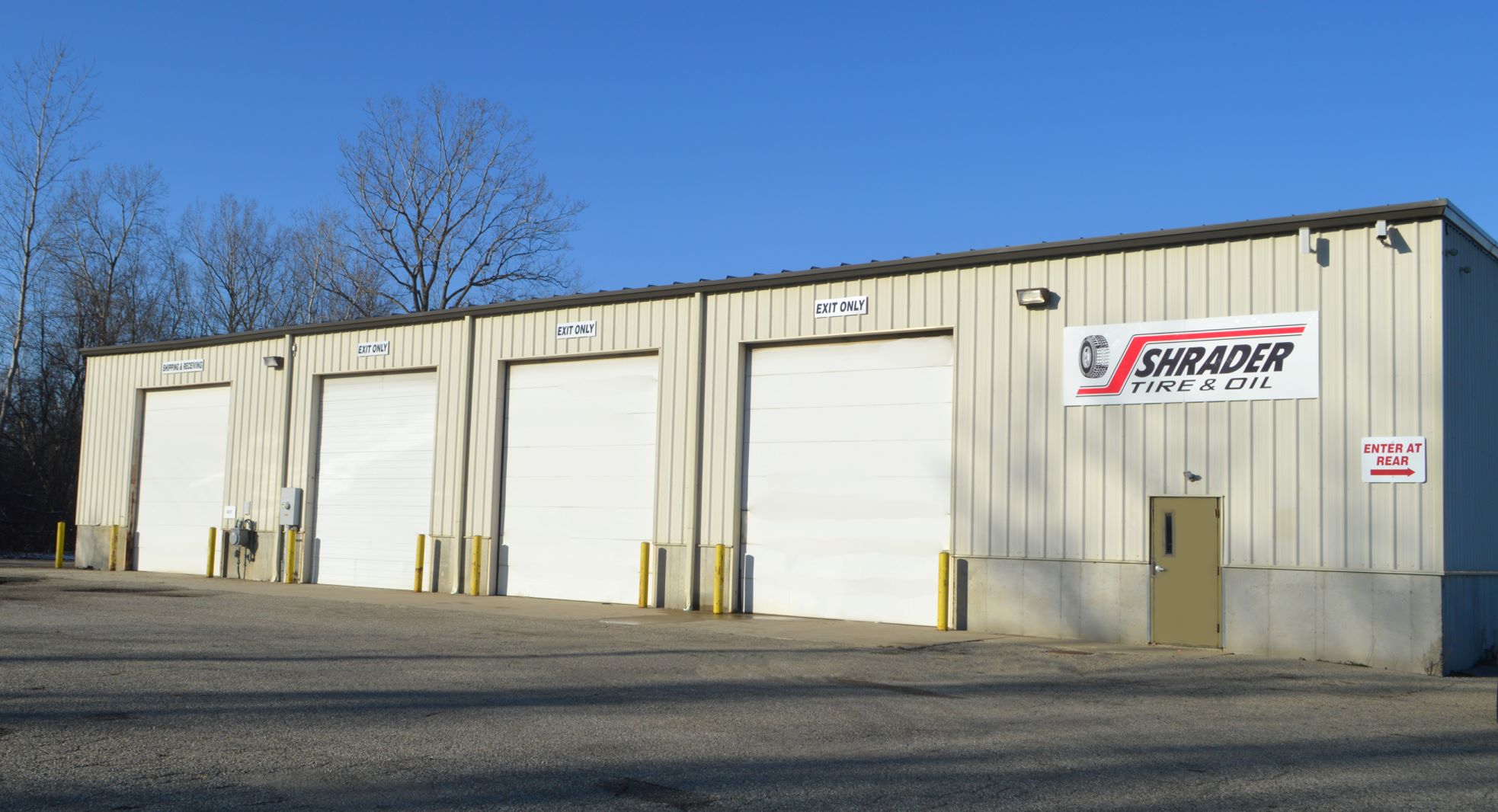
810.288.6458
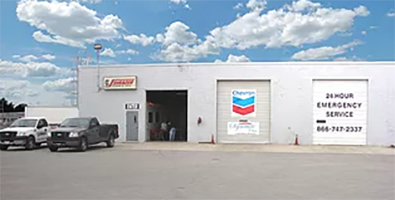
260.420.8435
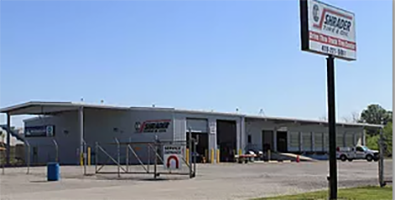
419.221.5001
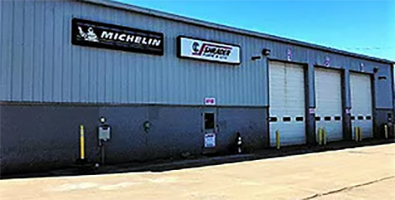
740.788.8032
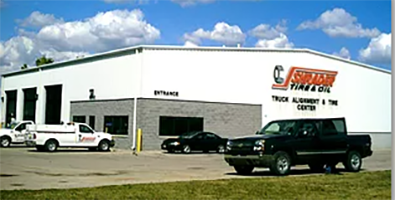
419.727.9468
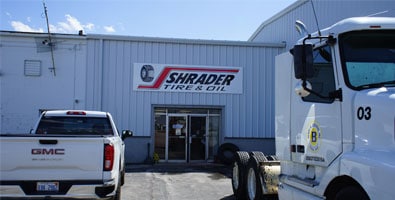
419.837.6591
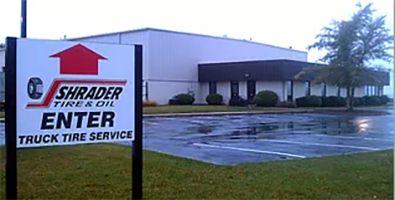
574.968.0067
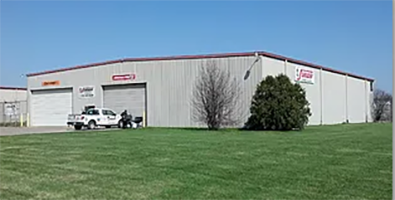
734.434.9300
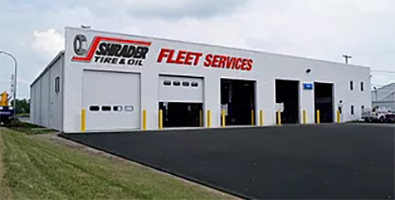
419.720.0422
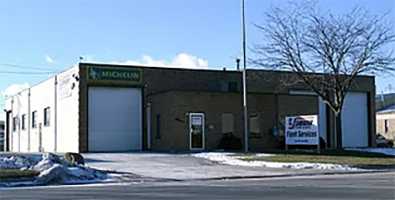
586.777.9030